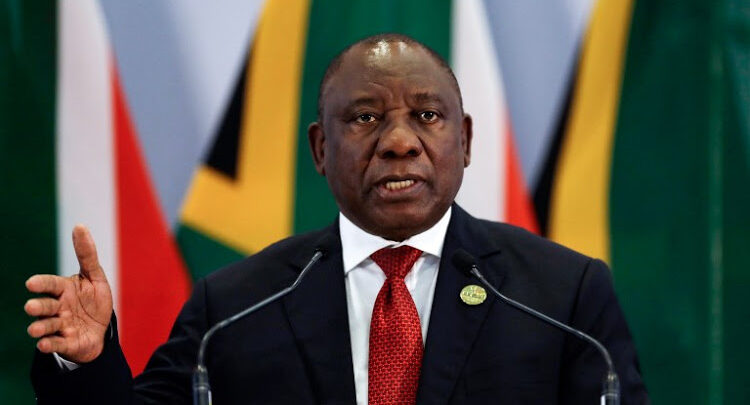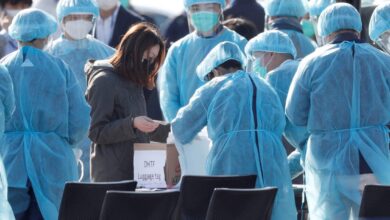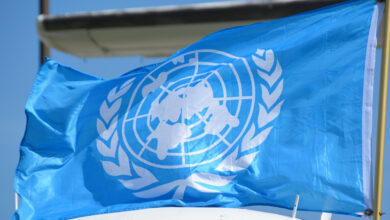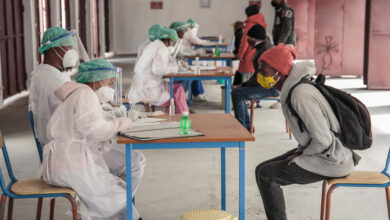World
SA Envoy Conveys President’s Apologies To Nigerian President Over Xenophobic Attacks

A South African envoy apologized to the Nigerian government on Monday following deadly xenophobic attacks on immigrants in Johannesburg and Pretoria, reported News 24. The attacks left 12 people dead, hundreds displaced, and property worth millions of dollars looted or destroyed.
The special envoy, Jeff Radebe, met with Nigerian President Muhammadu Buhari in the capital Abuja to convey President Cyril Ramaphosa’s “sincere apologies about the incident that has recently transpired in South Africa.”
“The incident does not represent what we stand for,” Radebe said.
The envoy told reporters that some 50 perpetrators of the attacks had been apprehended so far. He added that South African police would leave no stone unturned to book all those involved in the attacks.
“President Buhari responded to profuse apologies from the South African president, pledging that relationship between the two countries will be solidified,” Nigeria’s presidency said in a statement after the meeting got over.
The xenophobic attacks prompted reprisal attacks against South African firms in Nigeria and the temporary closure of South Africa’s diplomatic missions in Lagos and Abuja. The violence also led to an international outcry and calls for a boycott of South Africa. The Nigerian government had announced it would repatriate more than 600 nationals to protect them from future violence.
President Ramaphosa has sent diplomats to several African countries, including Nigeria, Ghana, Senegal, Tanzania, the Democratic Republic of Congo and Zambia, with a clear mandate of repairing the country’s image. The team of envoys will brief governments about the steps the SA government is taking to end the violence.
“To go and explain what has happened and also to offer our apologies,” Ramaphosa said adding, “And for those who have been killed, our condolences, and for those who have been injured as well. We have got to do it because our standing on the continent has always been high and this has lowered it quite considerably.”






